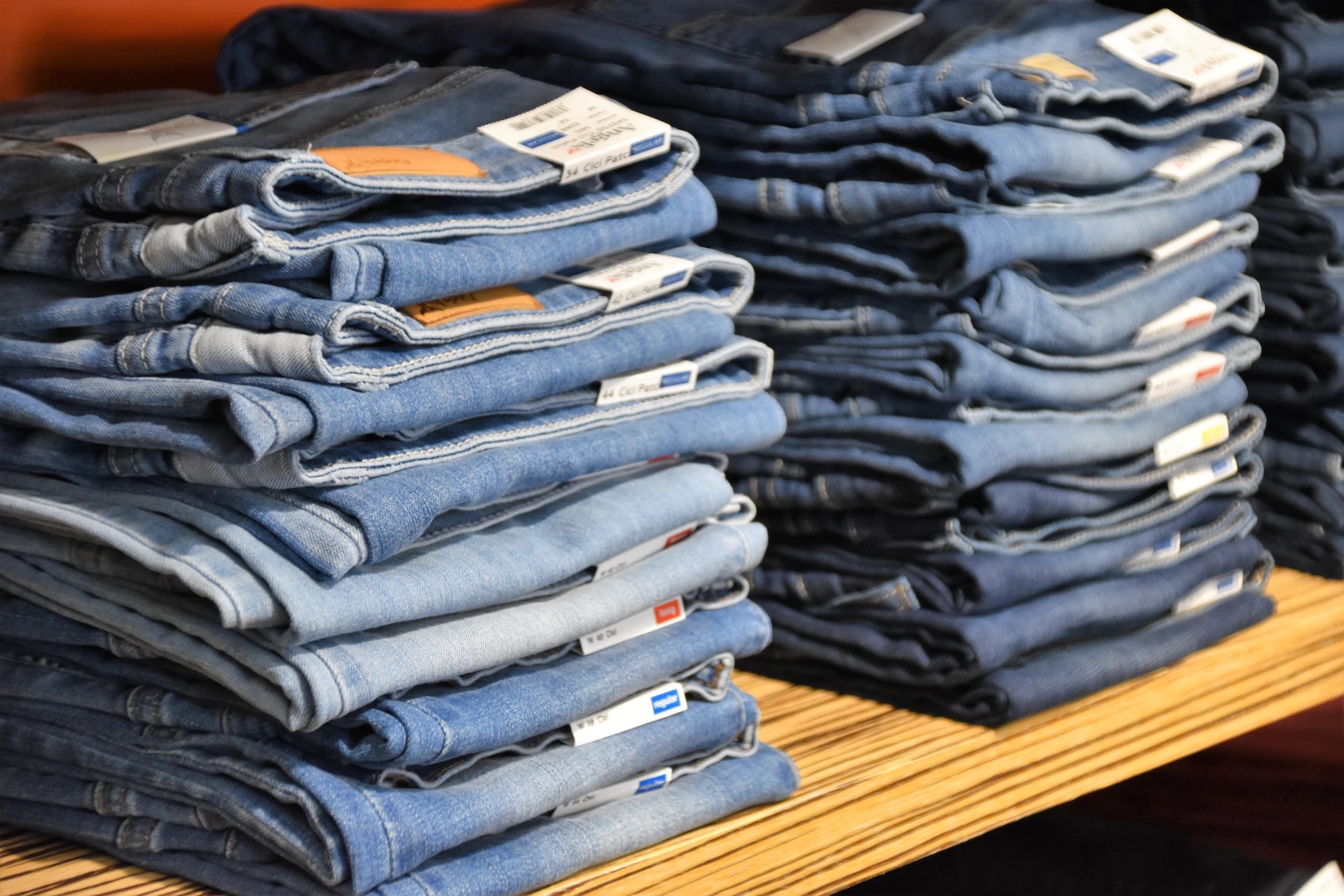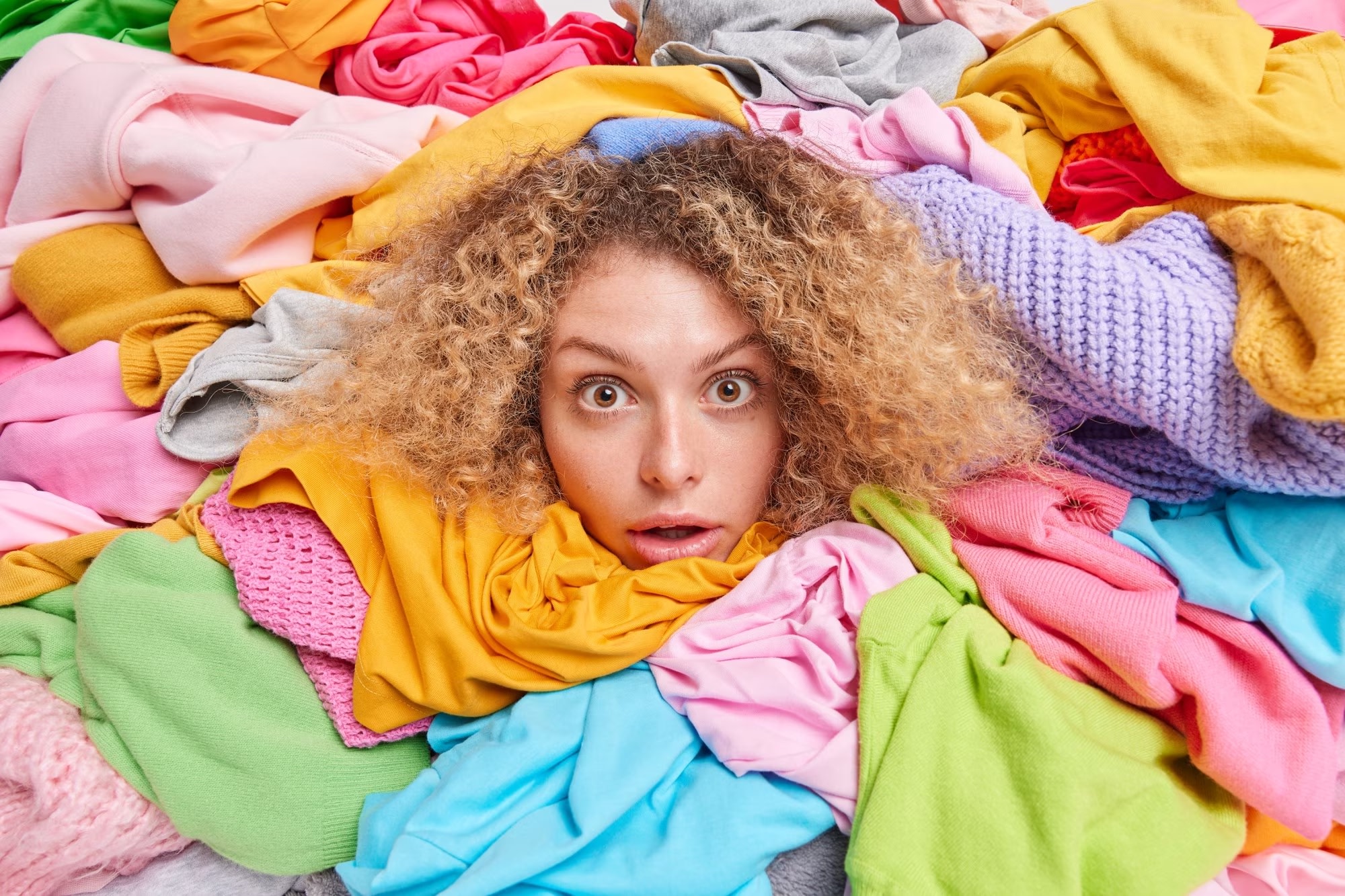How Fast Fashion Can Improve Industry-Specific ESG Initiatives
Shein

The fashion industry has been in turmoil for decades. Fashion has been working tirelessly to create affordable clothing as quickly as possible in order to clothe the world's children and adults. Combined with brands wanting to make profits for the executives and shareholders, fashion has evolved into what we’ve been enjoying for a while now: fast fashion.
Designed for quick turnover of various clothes, fast fashion is cheap and stylish for a season, and fashion brands lure customers back in with new designs that mimic luxury brand clothing that comes out at a slower pace. It seems good on paper, but it has dark undertones.
So when a fashion brand as big as Shein, the world’s largest fashion e-commerce site, is looking to improve their ESG initiatives, it’s going to raise a few eyebrows, if not an openly sarcastic response.
Under these conditions, the concept of responsible fast fashion appears to be an oxymoron; however, there is a lot of promise. If Shein can quell ESG concerns, bring in good ESG initiatives, and maintain its ultra-fast growth, Shein can be an excellent example of ESG done right that could form the template for the rest of the sector to follow.
It’s no small feat, but here's what Shein is doing that other fashion brands could consider doing too:
Putting More Money Into Facilities
The BBC uncovered in mid-November 2021 that Shein suppliers had workers working long and gruelling hours in order to meet demand. Much like other brands, working conditions are inhumane, with the average worker spending 14 to 16 hours per day, seven days per week.
The only difference is that Shein is doing something about that.
To start, Shein is committing $15 million to improve the standards at suppliers’ factories over the next four years. Spread across 300 facilities, that’s $50,000 per factory. And overall, the $15 million is a drop in the bucket compared to the $64 billion company valuation it has.
All in all, it doesn’t seem like a whole lot, and Shein could definitely get away with investing more, however, it’s still something. The money can be put to very good use if the company is smart about it.
(ESG In The Mushroom Leather Industry: All You Need To Know)
Real Improvement
In essence, Shein could create a scenario in the clothing industry that could play out similar to what Apple did with China’s hardware manufacturing - enhancing worker conditions.
Secondly, bringing in new talent for higher positions in the company improves facilities too. Shein has brought in various industry veterans that hold higher positions, and their decisions will affect larger scopes. Having people who embrace ESG values and have worked in similar roles in the fashion industry can make significant changes in what suppliers can do to address various problems.
And suppliers are more likely to cooperate under these conditions. Even if Shein’s orders are massive, they have a reputation for paying manufacturers on time, making them a coveted client for factories. Receiving funding in this fashion to ensure workers can meet deadlines faster and work in a better workplace sounds like an amazing deal.
Creating Feedback Systems For Employees
In the fashion industry, a lot of growth in ESG can stem from the social part of it. Empowering workers and improving their working conditions is a start. What helps further is setting up feedback systems.
Shein expects suppliers to uphold the labour rights of workers and comply with its Code of Conduct. This serves to empower workers, improving the overall social aspect of the company.
(13 Sustainable Designers And Luxury Fashion Brands You Need To Know).
Repurposing Programmes
Currently, Shein has announced a new recycling platform for their products, essentially creating a thrift shop online. You’re able to list clothing, and once you get a buyer, you ship it off. It sounds good on paper, but the thrift industry isn’t as environmentally friendly as it sounds. Sure, you can argue it’s better for small local thrift stores, but massive corporations like Shein or Value Village are more in it for the money, and clothing can still end up in landfills.
The current solution that’s being offered is on the right track, though. But instead of trying to recycle or forcing the buyer to do all the selling, Shein could consider a repurposing programme. One where clothing that’s been used can be repurposed into something else beyond someone else’s shirt or pants. Or they could follow other sustainable clothing facilities.
Can Consumerism Mix With Sustainability?
When it comes to fashion, we as a society have been conditioned for decades to expect new designs for clothing to be available quickly and cheaply. Shein became an overnight sensation due to upholding those expectations and exceeding them.
With Shein turning to ESG, it and many other fashion companies are faced with a massive challenge. Can our fashion brands really be sustainable when those same brands have conditioned us to buy so much clothing?
We’ll have to wait and see.
For further fashion sector news, and other areas of sustainability, read our Featured Articles.






